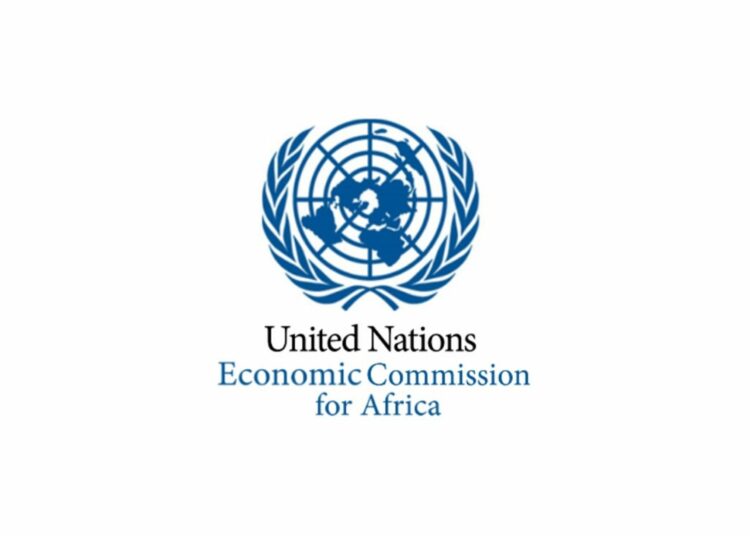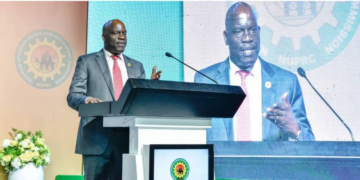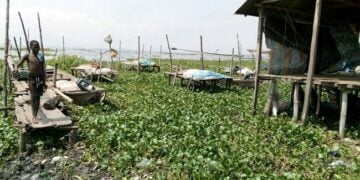United Nations Economic Commission for Africa (ECA), has called on African countries to embrace nuclear energy as a strategic solution to the continent’s deepening energy crisis.
In a statement on Saturday, Executive Secretary of ECA, Claver Gatete, said that it was unacceptable that over 600 million Africans still lacked access to electricity.
Gatete described the issue as “power poverty” which he said hampered industrialisation, weakened health systems, and constrained economic transformation.
“While Africa accounts for 17 per cent of the global population, it generates less than three per cent of global electricity.
” Bridging this gap requires bold decisions, including exploring nuclear energy as a reliable, scalable, and long-term power solution.
“Our continent cannot afford to crawl its way out of energy insecurity.
“As we invest in renewable energy, we must also advance nuclear energy development to unlock Africa’s full potential,” he said.
Highlighting global examples, Gatete noted that countries like South Korea and France had successfully harnessed nuclear energy to drive industrialisation and reduce emissions.
He cited South Africa’s 40-year-old Koeberg nuclear plant as proof that nuclear energy could work on the continent.
Gatete also pointed to ongoing projects such as Egypt’s El Dabaa nuclear power plant and Ghana’s partnership with NuScale Power on Small Modular Reactors (SMRs), as signs that some African countries were already taking steps in the right direction.
“The time is now to move from potential to action,” he said.
The ECA chief also addressed common concerns around safety and waste management, stating that modern reactor designs were safer and more efficient.
Besides, he emphasised that nuclear energy had the lowest fatality rate per kilowatt-hour compared to other major sources, including solar and wind.
“Nuclear energy is not only safe but also reliable. It offers a 90 per cent capacity factor and a lifespan of over 40 years, making it economically viable,” he said.
Gatete acknowledged the immense potential of nuclear energy to support the African Continental Free Trade Area (AfCFTA).
According to him, this will increase electricity demand by 40 per cent by 2030 and require additional investments of 22.4 billion dollars between 2025 and 2040.
He, consequently, proposed the establishment of an African Nuclear Alliance to coordinate technology transfer, pool resources, and facilitate regional cooperation, particularly through continental power pools like the Southern and East African networks.
Gatete recommended adopting public-private partnerships and drawing lessons from Africa’s existing renewable energy procurement models, to overcome the high capital costs associated with nuclear power
He also urged African governments to develop national nuclear roadmaps with clear timelines and capacity-building strategies.(NAN)





